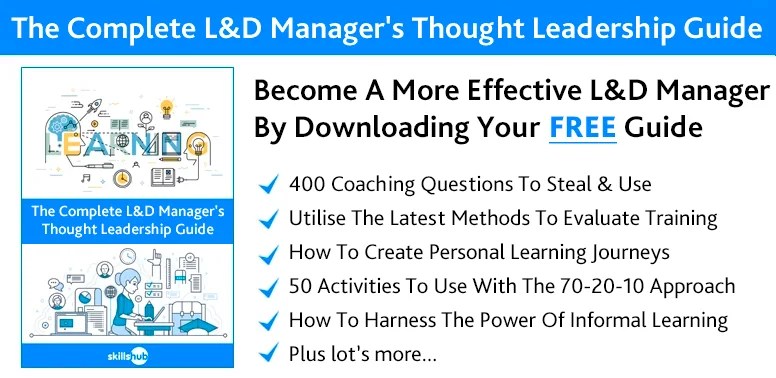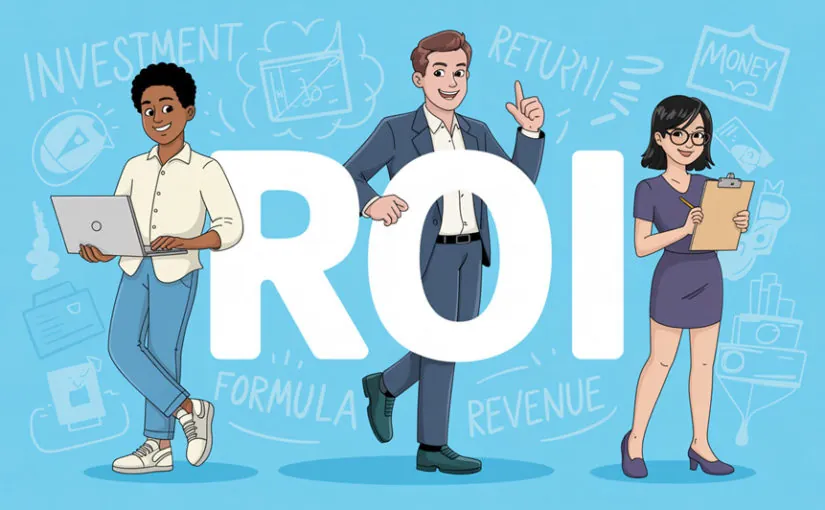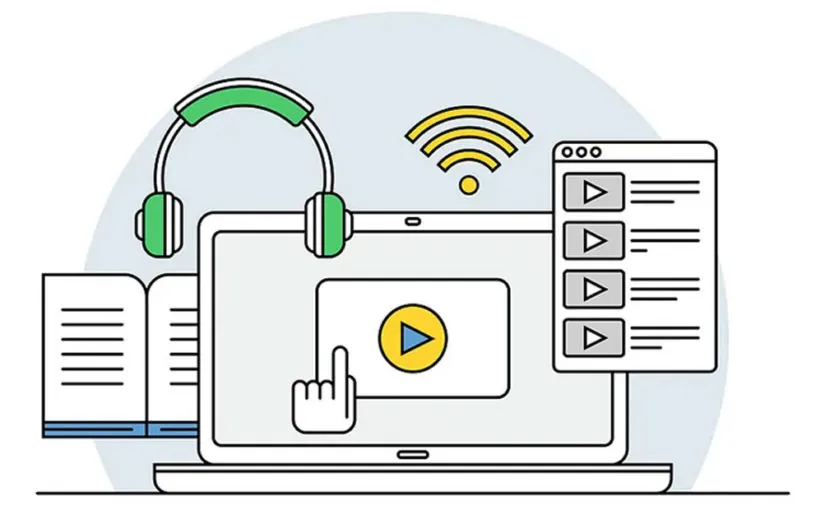One of the biggest challenges that learning and development professionals face, be that in- house or consultancy side, is maximising learner engagement and recall.
In the age of the highly distracted learner it’s becoming harder to engage learners long enough for them to assimilate and properly retain knowledge.
This can lead to reduced learner recall and ultimately poor learning outcomes, which will reflect badly on your training programme or organisation.
That’s why progressive L&D professionals know that much more is needed than a bums-on- seats strategy to training.
There needs to be a greater focus on optimising learner engagement in this increasingly distracted learner generation, where the average person alternates between/checks gadgets up to 20 times an hour.
We can’t solve this problem in such a short report but we can make some simple recommendations to help boost learner recall:
Bite-Size
We’ll just skate over this topic as we touch on this in more detail later in the report.
Research shows that delivering a one day training session as a series of one to two hour chunks over a few weeks will lead to higher levels of learner engagement, understanding and recall than if it was delivered in one day.
These bite-size training sessions, as they are called, are a great way to engage the typical distracted learner who may be captive in body but not in mind.
Couple that with elearning content, whether that be off-the-shelf or bespoke elearning, and you’ve got a very power vehicle for learner retention.
Reward
It can feel like a cheap tactic, but if L&D professionals want to maximise learner engagement and recall, they should consider incorporating some element of reward for learning.
Yes, research from the Max Planck Institute – and other academic sources – have shown that people who are rewarded for making correct decisions learn faster.
Can you build quizzes, games, contests and leaderboards into your training programmes with incentives and reward?
Done well, this will help to maximise learner engagement and recall.
Rehearsal
It’s vital that you build in some kind of detailed rehearsal and/or review of what has been learned during the session (at some point during the session) to maximise learner recall.
Research shows that learners who get an opportunity to practice and rehearse their learning during the training session forget less and recall far more information and learning after the training event.
Relevant & Meaningful Content
It’s a given for most trainers to deliver relevant content, but classroom based learning with multiple learners can inevitably lead to some dilution of content and a more generic approach.
However, it is vital that trainers adopt strategies to tailor the course and maximise the level of personalisation so the course is very applicable and relevant to each learner’s individual challenges.
This will not only mean they are more engaged, but studies show they will actually remember more.
Yes, this landmark research study by Bahrick, H.P, & Phelps, E (1988), into forgetting, showed that learners are much better at remembering personal, relevant or emotionally salient information (meaningful content) than content that is less meaningful.
As an eLearning company, Skillshub is committed to creating efficient and impactful learning experiences. Contact us to find out more.


 One of the biggest challenges that learning and development professionals face, be that in- house or consultancy side, is maximising learner engagement and recall.
One of the biggest challenges that learning and development professionals face, be that in- house or consultancy side, is maximising learner engagement and recall.










